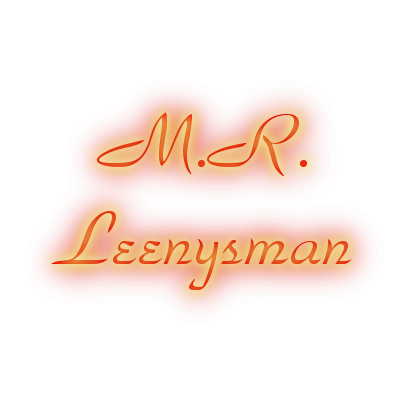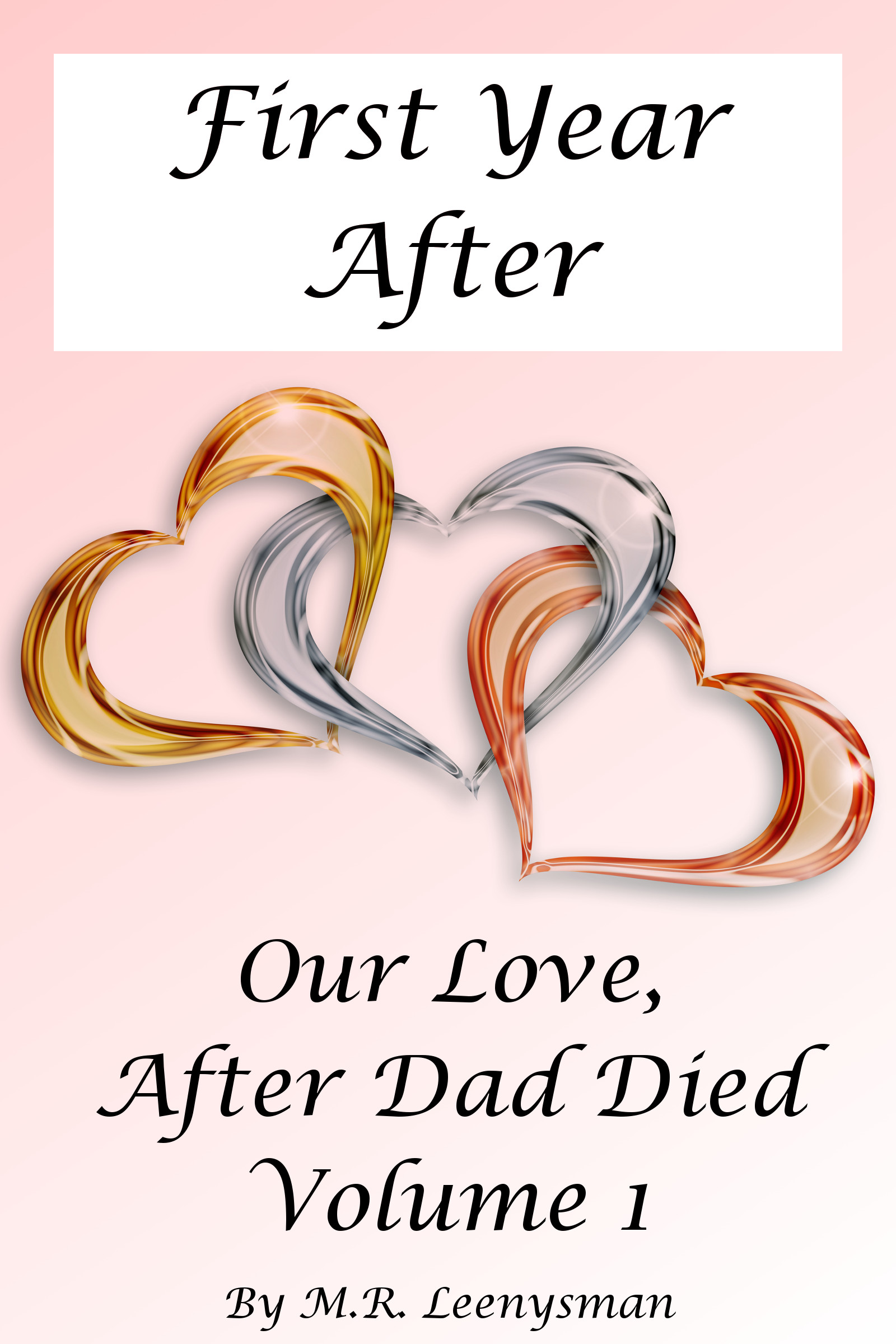I’ve seen a number of authors mentioning the new Amazon Vella feature for releasing serialized writings, so I took a look and have a few take-aways that I think people should be aware of before deciding to enroll. Those are:
- Exclusivity: (See below updates, as initially defined policies have changed more than once)
Any work you put on Vella can only be on Vella. No excerpts elsewhere, no ebook version anywhere, not even on Amazon itself. This is likely a permanent decision, as you would have to unpublish from Vella in order to republish as an ebook, running the risk that you might catch some readers in the middle of the serialized form, who would be (rightfully) upset at having to buy the full book in order to finish.
- First three episodes are free. Meaning no royalty is paid for them. Accordingly, I would recommend you have a minimum of ten episodes. Anything shorter than that and you would be better off publishing as $0.99 shorts.
- Tokens. After those three free episodes, Vella users will use tokens to unlock episodes based on a rate of one token for every 100 words of the episode. Pricing for those tokens starts at $2 for 200 tokens and drops to $15 for 1700.
- You have no control over pricing. Through the token price, Amazon has set a baseline per-word rate of $1 for every 10000 words (for the episodes the reader actually pays for). We’ll have to see whether that becomes a pricing ebooks have to compete against. A standard of 10000 words for a $0.99 short? 30000 words to price at $2.99 to get the 70% royalty rate? Certainly, if you write a 60000 word novel that you were going to publish at $5.99, you’re equal to that word rate. But, the difference is if you divide that novel into 12 episodes in Vella of 5000 words each, you would get paid $2.25 in royalty. When your royalty as an ebook would be $4.20. While Amazon’s profit would be $2.25 in Vella versus $1.80 in ebook form. Why would we want to give Amazon more profit while we get less? It would be one thing if Vella proves popular enough if your book winds up with more total readers in the serialized form, to offset the lower royalty. But to wind up with the same number of readers and make less money?
This is just comparing Vella to other Amazon options. If you also look at Smashwords, its royalties are not reduced based on price. They’re calculated as 85% of the net sale, after deducting the credit card processing fee. So, it’s entirely possible to get 80+% royalty, even on $0.99 shorts, if enough books are bought in one order to spread that credit card fee out. But, even bought solo, you’d likely still get more than Vella’s 50%. And you can even make the first three parts of a series free, if you really want to mimic Vella. Or just the first one. Your call.
Here’s Vella’s pricing/royalty Info.
Update: I’ve been told that Amazon Customer Service indicates serials on Vella will be allowed to be posted as serials on other similar services, but simply can’t be posted in full book form before or while on Vella. However, that’s not my reading of the Terms of Service as was posted when I wrote this.
Update 2: Amazon has revised their policy, allowing Vella episodes to be republished in ebook form, so long as two conditions are met:
A: The episodes being published must have been up on Vella for at least 30 days. From what I understand, this only applies to the episodes being included in the ebook, not the entire serial. So, if you have a 40-episode serial, you can publish an ebook of the first 10 episodes after the 10th has been up for 30 days, while you’re still releasing new episodes via Vella.
B: The ebook must contain at least 10 episodes. This prevents you from simply republishing each episode as a separate $0.99 short. When deciding on how many episodes to bundle and price, keep in mind the three free episodes and the need to price at least $2.99, to get the 70% royalty rate at Amazon. Even if you could, I wouldn’t publish 1 episode as a $0.99 short, because that’s priced higher than Vella’s price, while bundling two or three episodes together at $0.99 to be price-competitive only pays 35% royalty. For that hypothetical 40-episode serial, if they’re 4000 word episodes (which Vella would sell for 40 cents each) I would price the first 10 episodes at $2.99, to compensate for the three free episodes, and $3.99 for each ebook after that. At the 70% royalty, you’d make more than on Vella, per reader. Although that does beg the question of why to do Vella at all.
Update 3: It has come to my attention that Vella is allowing users to return episodes (for a refund of their tokens, not the money they spent on them) for 7 days after buying them, in which case authors don’t get paid, even though the user read the episode. If you’ve already been burned by returns on regular ebooks or Audible, keep this in mind.



